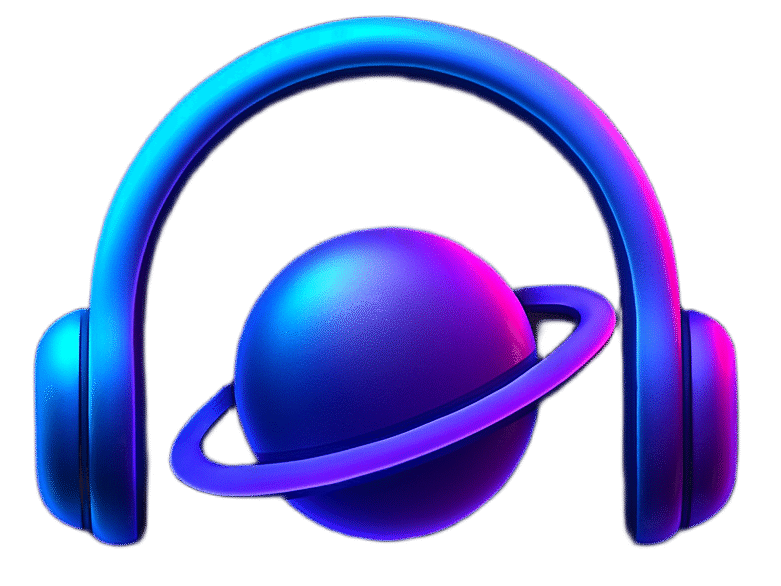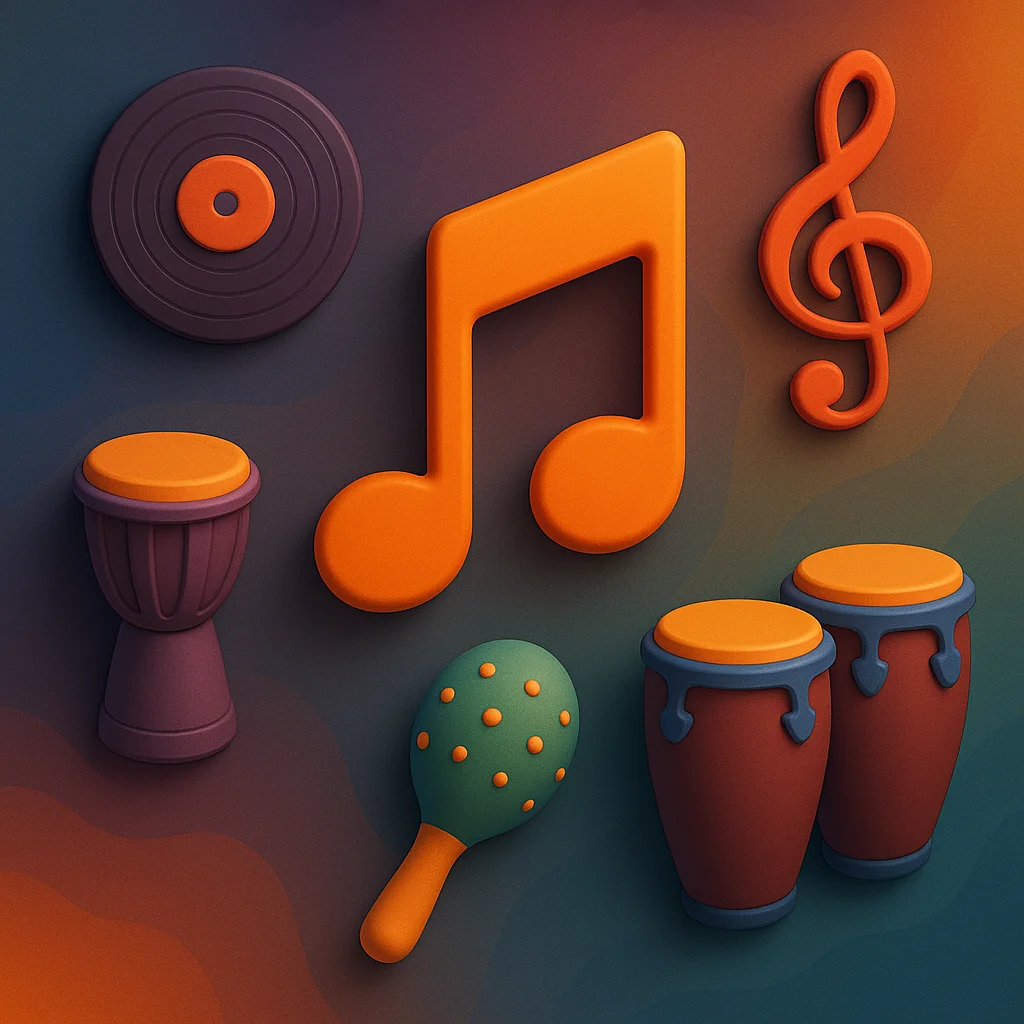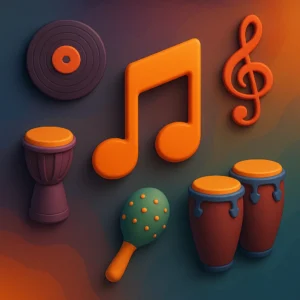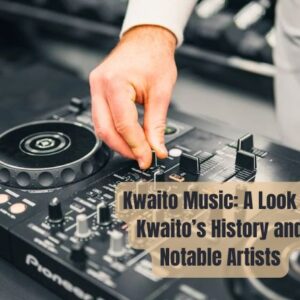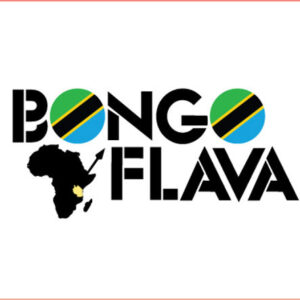Afropop and Afrobeats are the pulse of 21st-century African music—vibrant, genre-blending, and globally influential. While often used interchangeably, these terms describe different yet related waves of African pop music that dominate dancefloors and charts across the continent and beyond. In this guide, discover the origin, sound, key artists, and evolution of Afropop and Afrobeats as the soundtrack of a new African generation.
What Are Afropop and Afrobeats? — Defining the Sound of Modern Africa
Afropop is a broad umbrella term for contemporary African pop music. It blends traditional African music with global genres like R&B, hip-hop, dancehall, highlife, and house. It’s more about style than a specific rhythm.
Afrobeats (with an s) refers to a distinct style of upbeat, percussion-heavy pop music that emerged from Nigeria and Ghana in the early 2000s. It is not to be confused with Afrobeat (without an “s”), the 1970s genre pioneered by Fela Kuti.
Shared traits:
-
African rhythms, local languages, pidgin, or English lyrics
-
Catchy melodies and repetitive hooks
-
Heavy percussion, syncopated beats, and danceable grooves
-
Influences from hip-hop, R&B, highlife, and dancehall
Historical Context: How Afrobeats & Afropop Took Over the Continent
-
1990s–2000s: After the fall of military regimes and with the rise of homegrown entertainment industries, Nigerian and Ghanaian artists started modernizing traditional sounds.
-
Early 2000s: Acts like 2Baba (2Face Idibia), P-Square, and D’banj laid the foundation for what would become Afrobeats—fusing local rhythms with global pop structures.
-
2010s–present: The genre exploded globally, with artists like Wizkid and Davido taking African music to Billboard charts, Coachella stages, and international award shows.
Afropop and Afrobeats now define pop culture across Africa, influencing music from South Africa to Kenya and even the diaspora in the UK and U.S.
Musical Characteristics of Afropop & Afrobeats
-
Polyrhythms: Multiple interwoven drum patterns, often driven by talking drums, congas, or electronic kits.
-
Fusion energy: Blends of R&B smoothness, highlife guitars, and Caribbean bounce.
-
Danceable beats: Built for clubs, TikTok dances, and stadiums alike.
-
Language diversity: Lyrics switch between English, Swahili, Yoruba, Twi, Pidgin, and other African languages.
-
Feel-good themes: Party vibes, love, hustle, pride, and empowerment dominate.
Top Artists Who Define the Genre
Wizkid (Nigeria)
From “Ojuelegba” to “Essence,” Wizkid brought Afrobeats to global pop consciousness. Grammy-nominated and globally streamed.
Burna Boy (Nigeria)
Known as the African Giant, Burna blends Afrobeat (Fela-style), Afrobeats, dancehall, and reggae in anthems like “Ye” and “Last Last.”
Tiwa Savage (Nigeria)
One of Africa’s leading female pop stars, with hits like “All Over” and global collaborations with Beyoncé and Brandy.
Davido (Nigeria)
A crowd favorite known for infectious choruses and big hits like “Fall” and “If.”
Rema (Nigeria)
Leading the new school with genre-defying Afropop hits like “Calm Down.”
King Promise, KiDi, Gyakie (Ghana)
Ghana’s top Afropop stars, known for smooth vocals and highlife-infused Afrobeats.
Global Influence and Cultural Reach
Afrobeats and Afropop are no longer regional—they’re global.
-
Streaming Power: Songs like “Calm Down”, “Essence”, and “Unavailable” hit hundreds of millions of streams.
-
Collaborations: African artists are working with Drake, Chris Brown, Selena Gomez, Justin Bieber, and more.
-
Mainstream Recognition: Categories like “Best African Music Performance” were added to the Grammys in 2024.
-
Diaspora impact: Afrobeats thrives in London, New York, Toronto, and Johannesburg nightclubs.
Difference Between Afropop, Afrobeats & Afrobeat
| Genre | Origin | Key Traits | Key Artists |
|---|---|---|---|
| Afropop | Pan-Africa | Umbrella term for African pop music | Rema, Gyakie, KiDi |
| Afrobeats | Nigeria/Ghana | Percussion-driven, club-friendly pop | Wizkid, Davido, Burna Boy |
| Afrobeat | Nigeria (1970s) | Jazz, funk, political lyrics, live bands | Fela Kuti, Seun Kuti, Tony Allen |
Final Thoughts
Afropop and Afrobeats are not just musical genres—they’re cultural movements that define African youth expression in the 21st century. With infectious energy, global appeal, and deep African roots, these styles continue to break barriers and reshape the global music scene. Whether you’re dancing in Lagos or vibing in London, Afrobeats is the sound of now—and the future.
